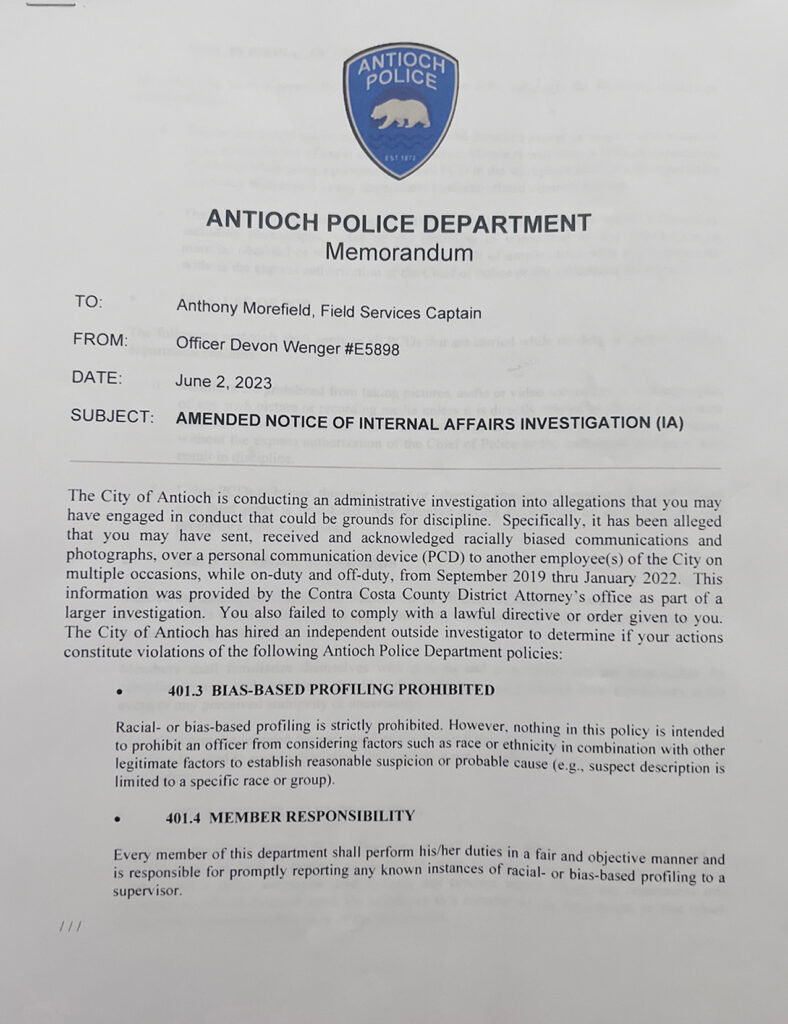
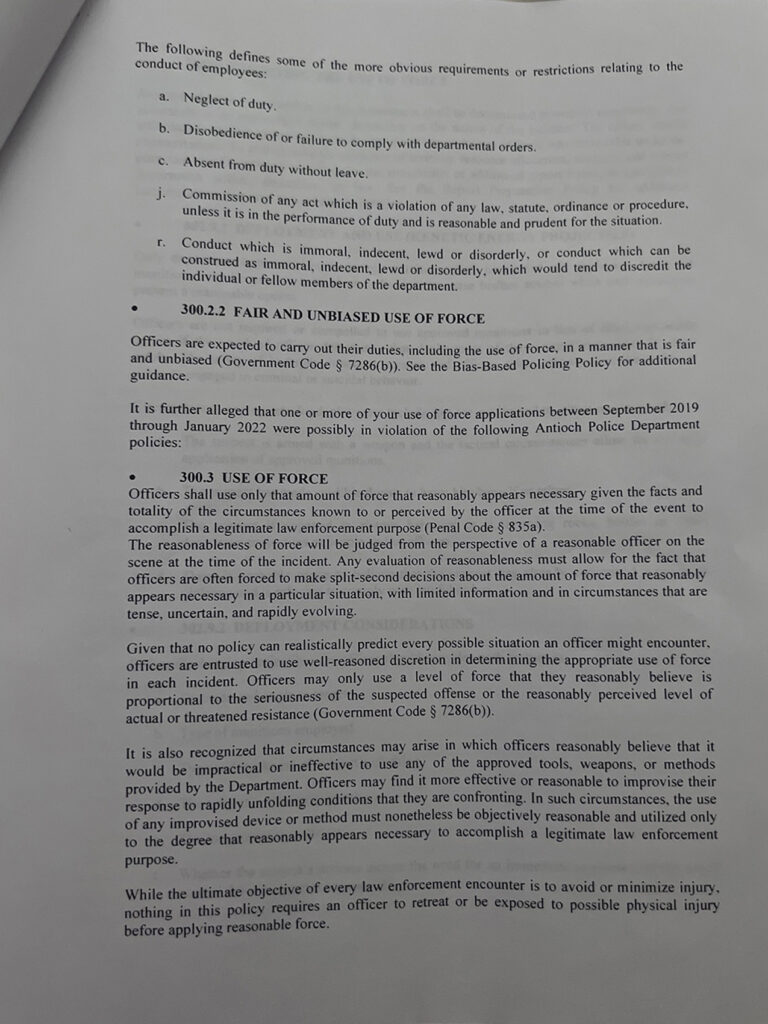
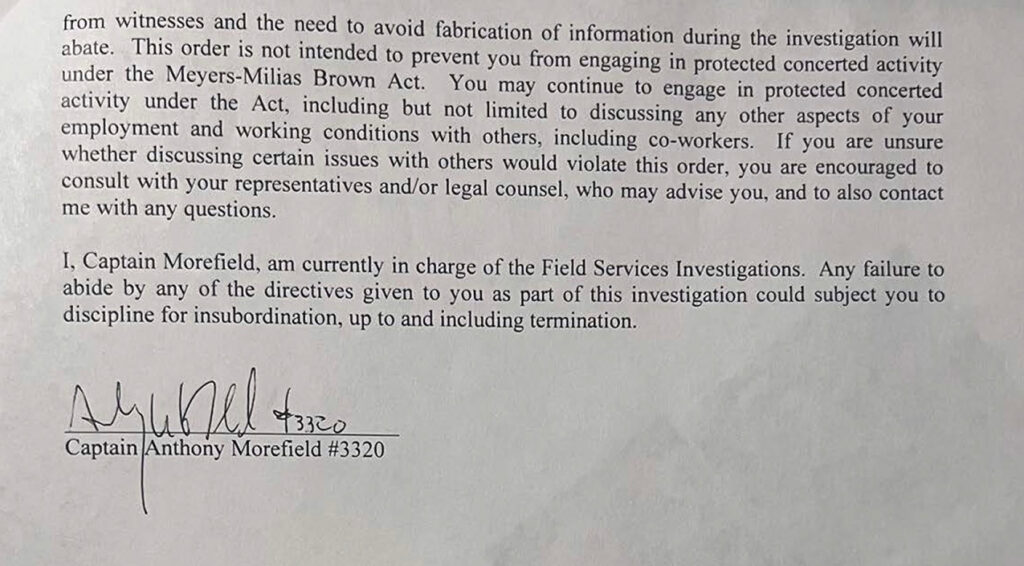
The evidence? Illegally seized cellphone data, obtained without a warrant, consent, or judicial review, and funneled through the Contra Costa District Attorney’s Office in direct violation of the California Electronic Communications Privacy Act (CalECPA), the Peace Officers Bill of Rights (POBAR §3303), Labor Code §1102.5, and the Fourth Amendment. Captain Tony Morefield, desperate to discredit Officer Devon Wenger and protect Lt. Robert Meads from serious CLETS database misuse allegations that Wenger had originally exposed, weaponized this tainted evidence. The conflict of interest was glaring: Morefield not only led the investigation, he decided its outcome.
“I have never sent racist texts or been part of those groups,” Wenger stated. “In fact, I reported Romobugh’s racist rants in 2021 and APD leadership did nothing until Wallace’s report.”
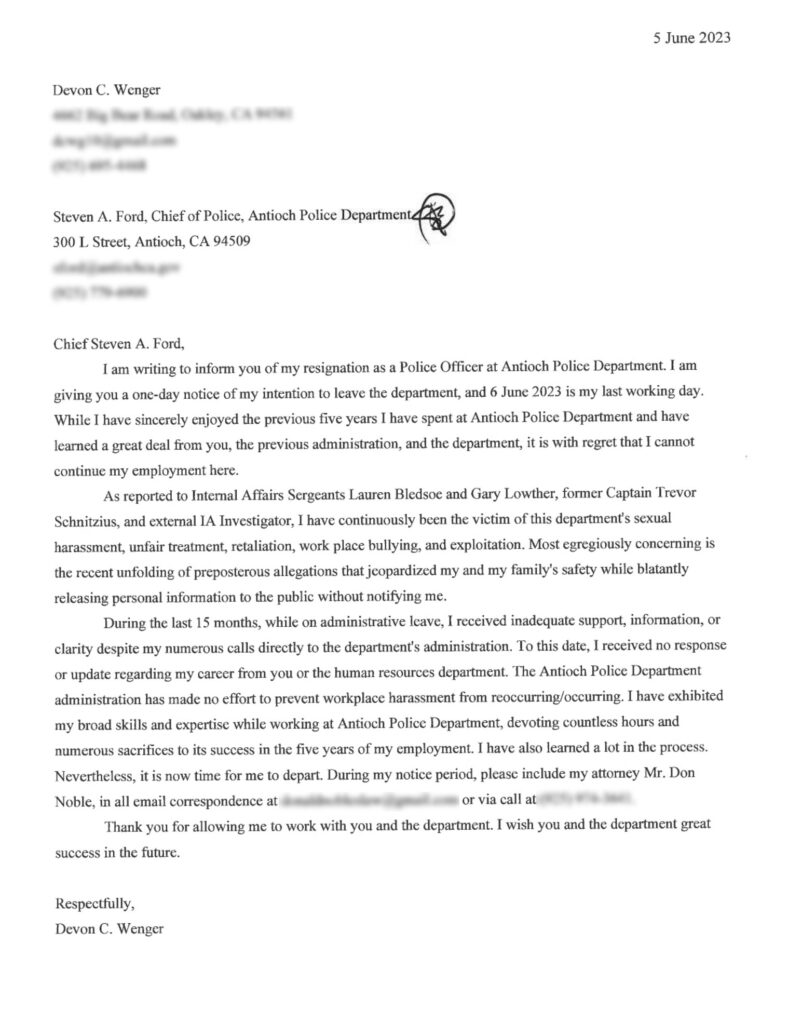
Federal Coordination Before Any Case Existed
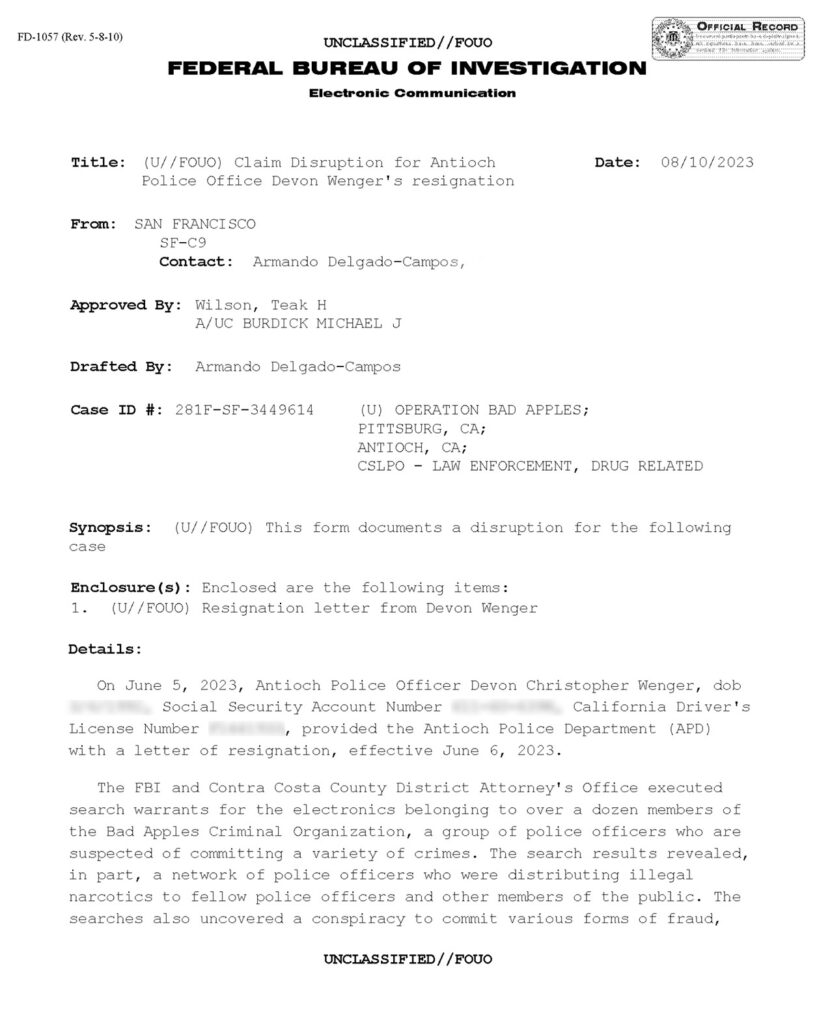
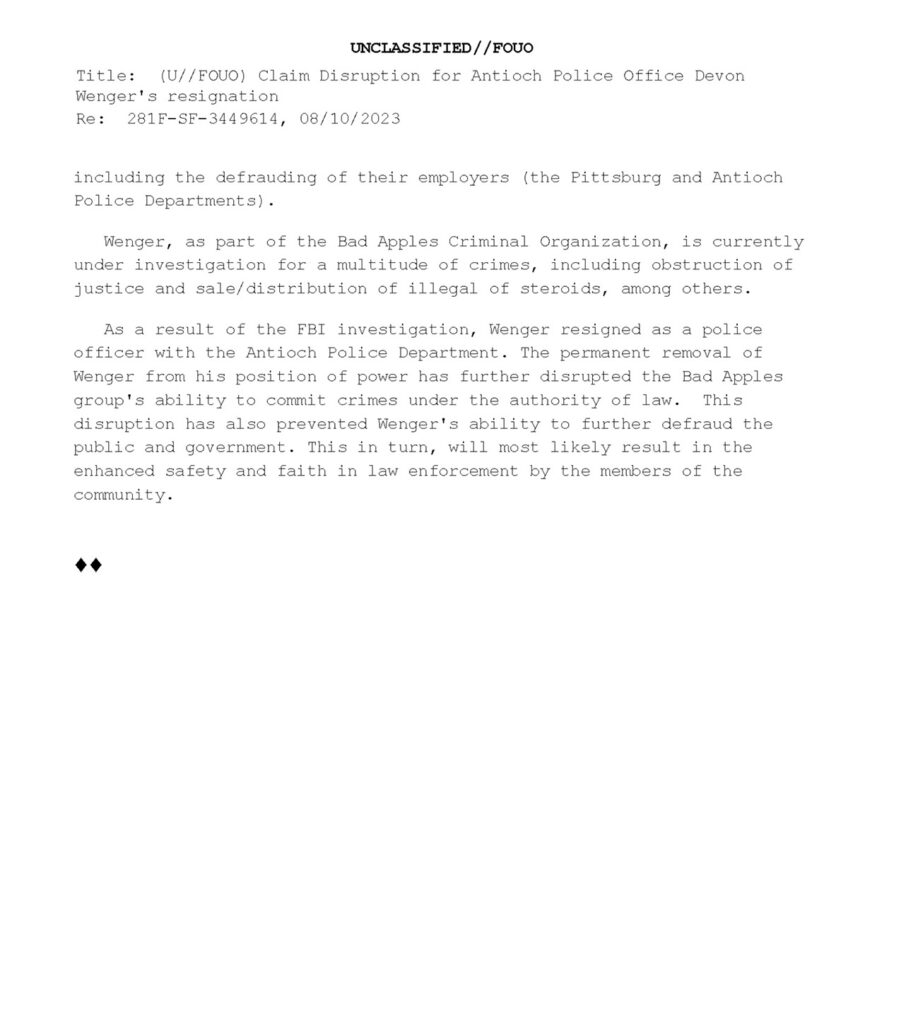
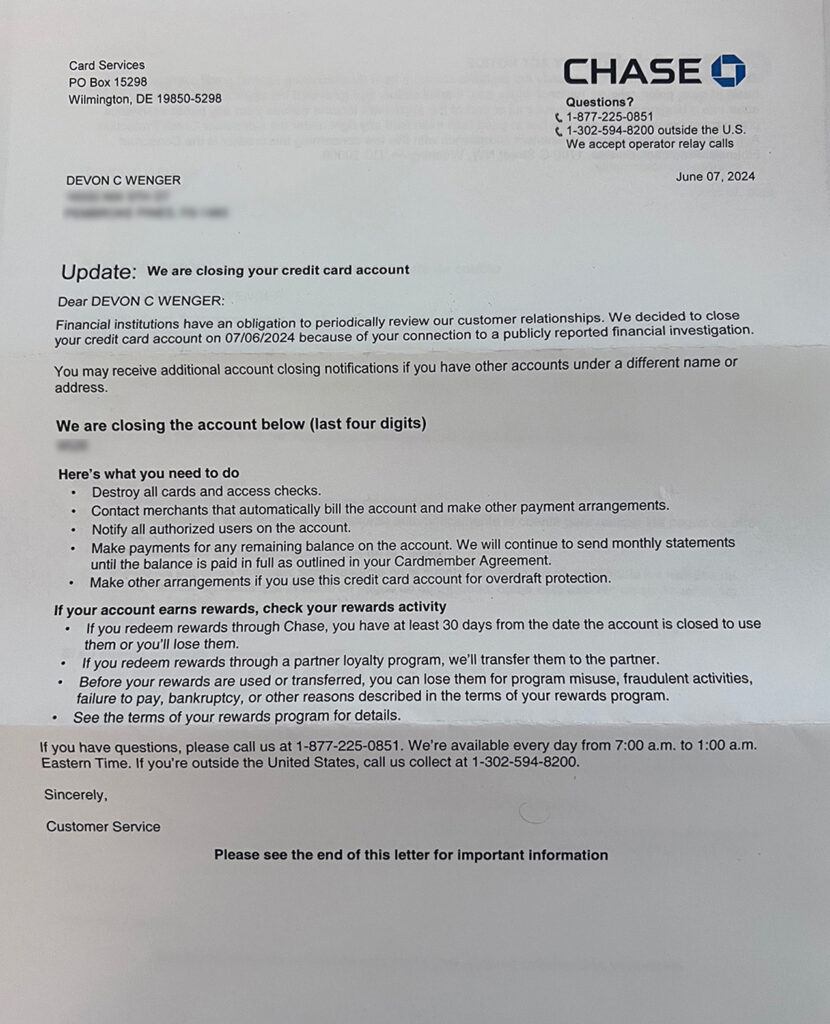
The Pre-Dawn Raid
Two months after his forced resignation, Wenger secured a position as an investigator with the Honolulu District Attorney’s Office. For the first time in years, he felt the dark chapter of retaliation was finally behind him. But that peace was short-lived.
At 5 a.m., the FBI’s Concord-RA Safe Streets Task Force launched a SWAT-style raid on his home, four vehicles, armored units, and even a drone surrounded the property to serve a sealed federal indictment. The charges mirrored Captain Morefield’s fabricated Internal Affairs complaint, which had accused Wenger of “unnecessary use of force,” relying on Meads’ tainted IA file and falsified text messages. The indictment also incorporated Detective Wallace’s bogus “steroid” affidavit, derived from an unlawful search of Wenger’s phone.
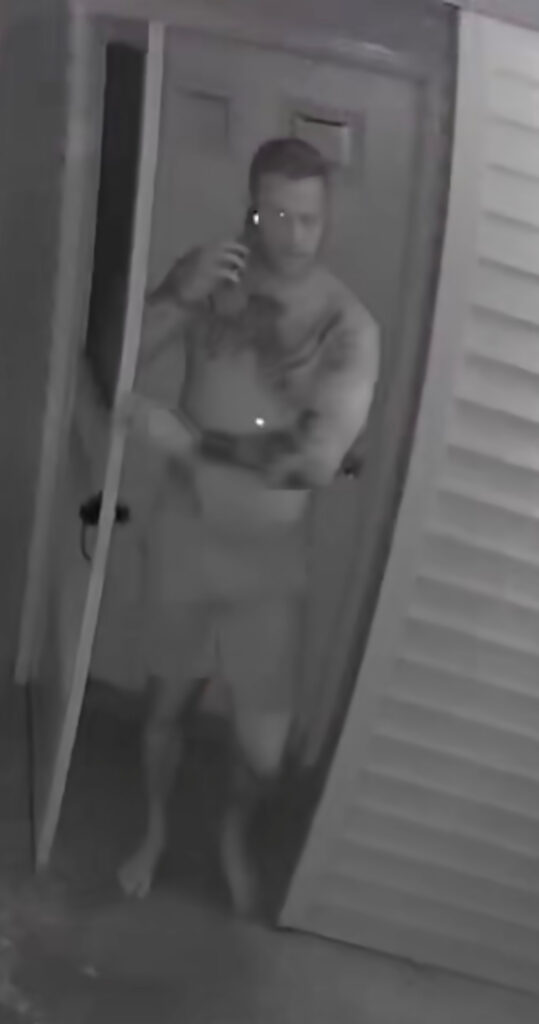
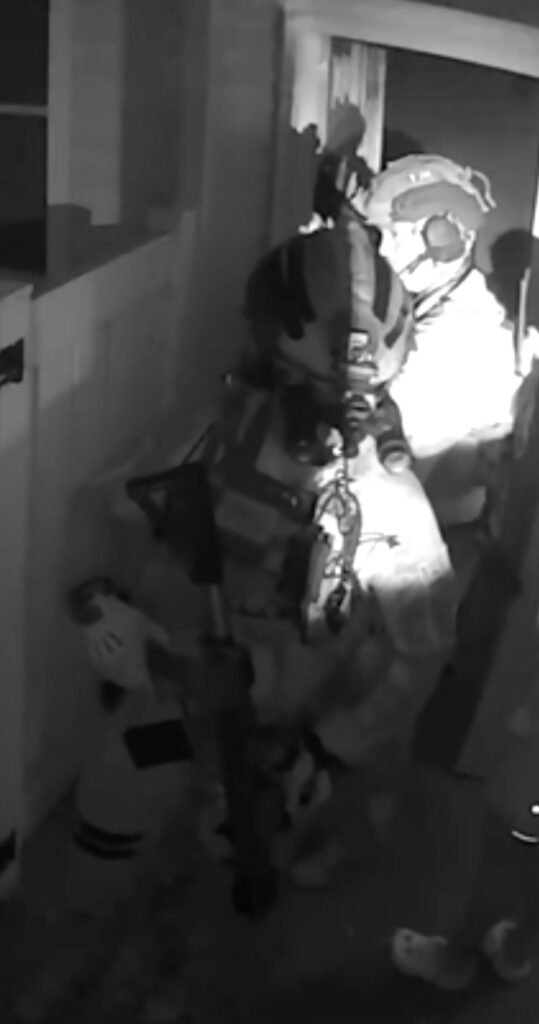
The cumulative evidence reveals a deliberate and coordinated pattern of misconduct, where internal administrative tools were weaponized to construct a false criminal narrative against Wenger. The absence of a lawful “Officer’s Rights and Obligations” notice, the replication of a manufactured IA complaint in a sealed federal indictment, and the inclusion of a falsified “steroid” affidavit collectively amount to grave violations of state, federal, and constitutional law.
Taken together, these acts demonstrate a conspiracy under 18 U.S.C. §§ 241, 242, and 1519 – executed in direct violation of California Government Code §§ 3300–3311 (POBAR) and the Department of Justice Civil Rights Division’s oversight mandates.
Jailhouse Retaliation
A Bond Meant to Intimidate
At his first court appearance on August 29, 2023, prosecutors demanded, and a magistrate approved, a $100,000 secured bond. For a first-time, non-violent defendant with deep community ties, the amount was excessive. To justify it, prosecutors falsely labeled Wenger as “armed and dangerous,” a reckless mischaracterization designed not to ensure justice, but to destroy him. The tactic worked, branding a whistleblower as a threat guaranteed his public humiliation and financial collapse. The message was clear: speak out, and you’ll be silenced.
Trials Fabricated and Perjured Oaths
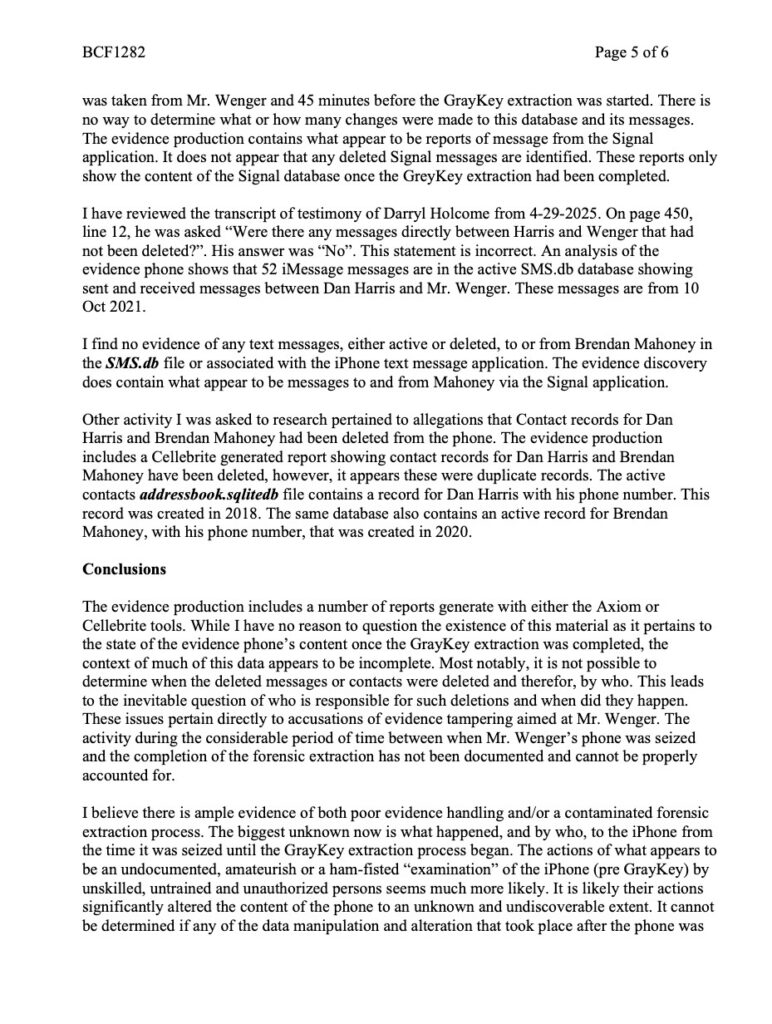
Politics, Promotion, and the Price of Silence
The FBI Concord Safe Streets Task Force, the Contra Costa District Attorney’s Office under Diana Becton, Antioch Police Department leadership, and the U.S. Attorney’s Office all had something to gain from taking down Officer Devon Wenger. Becton wanted the optics of being a reformer. Her investigator, Larry Wallace, needed a “dirty cop” trophy. Antioch city officials needed Wenger out of the way to bury their own internal scandals. And federal prosecutors wanted résumé-building headlines from a high-profile case.
This coalition of agencies Antioch Police Dept, Contra Costa County DA & Investigators, FBI Concord-RA Safe Streets Task Force & assigned AUSA’s collectively, fabricated digital evidence, tampered with postal records, and manipulated testimony to frame Wenger.
Their motives were as self-serving as they were corrupt: career advancement, political leverage, and public acclaim as supposed champions of “police reform.” In truth, they conspired to pervert justice, deceive the courts, and destroy a whistleblower for telling the truth. When fully exposed, this case will stand as a chilling example of how those sworn to uphold the law used it instead as a weapon of retaliation.
The Civil Case – Redemption
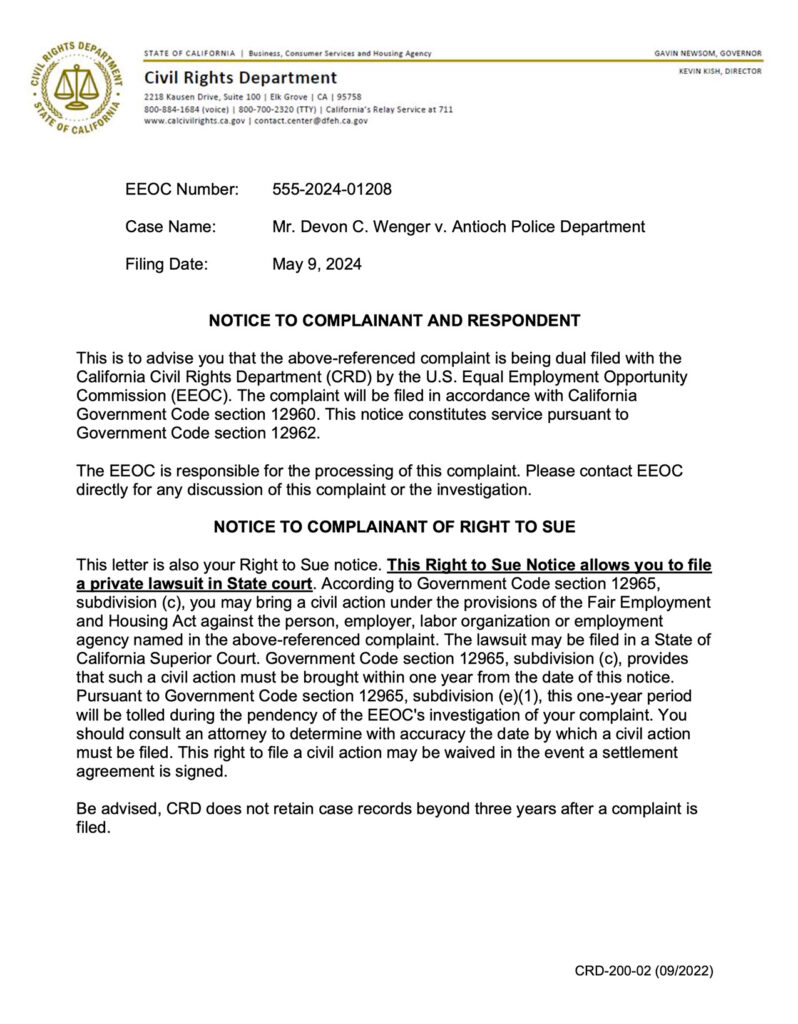
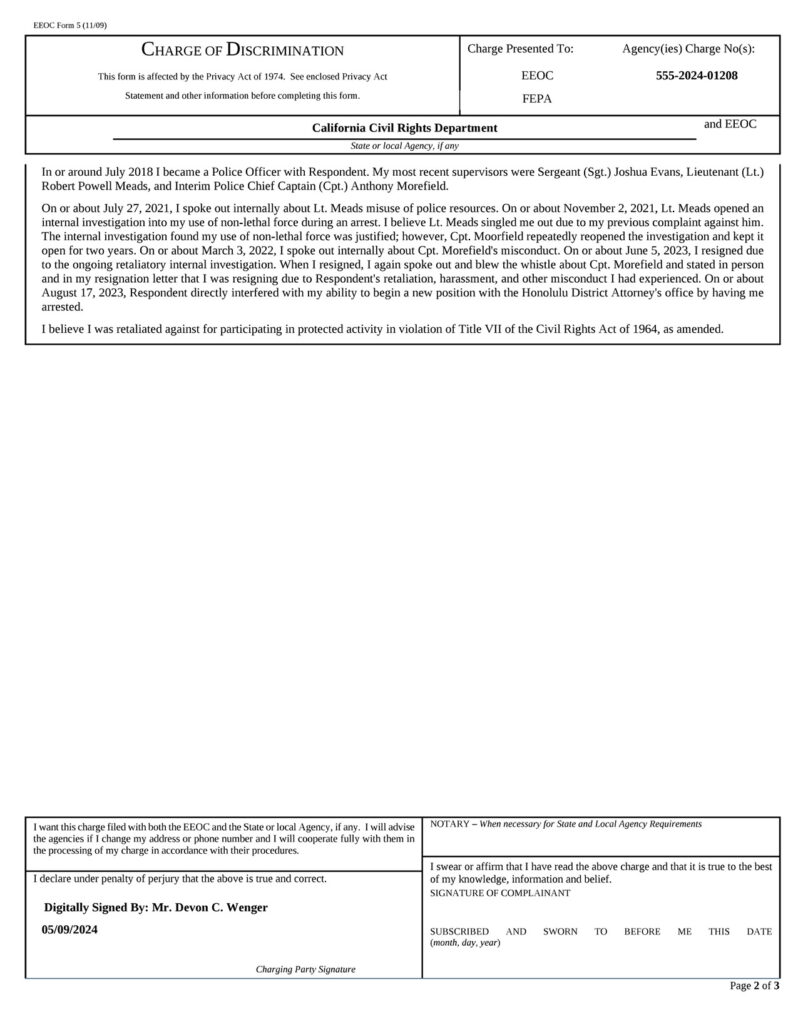
What Accountability Looks Like
Devon Wenger is calling for the Department of Justice’s Office of Professional Responsibility (OPR) and Office of the Inspector General (OIG) to open internal investigations into the misconduct that defined his case. Under federal policy, the Department has full authority to vacate the charges, discipline prosecutors and agents, and sanction the offices involved. The Justice Manual is unambiguous: a prosecutor’s duty is not to win at any cost, but to ensure fairness. In U.S. v. Wenger, that duty was willfully abandoned.
What happened to Officer Devon Wenger is not just another local corruption scandal, it is a textbook case of how the justice system can be weaponized by those willing to break the rules. Every major player in this saga — from Antioch PD brass to Contra Costa County DA investigators and forensic examiners, from the FBI’s Concord-RA Safe Streets Task Force to Assistant U.S. Attorneys – trampled federal law, DOJ policy, and basic ethical standards in a coordinated campaign to destroy a whistleblower. Their methods were chillingly familiar: perjury, evidence tampering, retaliation, and lying under oath – all to silence a truth-teller and advance their own careers under the false banner of “reform.”
Every step of this frame job represents an abuse of power – precisely the kind of corruption the Department of Justice claims to fight. The question now is whether DOJ and FBI leadership have the courage to root out corruption within their own ranks, or whether the cover-up will continue behind closed doors.
To prevent this kind of systemic retaliation, all law enforcement agencies must strengthen protections for whistleblowers. Policies mean nothing if, in practice, an officer can be isolated and ambushed for speaking the truth. Independent monitors or inspectors general should be required whenever an officer reports internal misconduct, ensuring local politics cannot taint investigations.
The FBI and DOJ must also re-examine how joint task forces operate. When local agents – such as those in the FBI’s Concord-RA office, partner with local departments, there must be vigilance against manipulation by local vendettas. Requiring dual federal authorization for any case originating from internal police or county DA complaints could prevent abuses like Wenger’s. Likewise, DOJ must begin enforcing its own nondiscrimination and anti-retaliation grant conditions with real consequences, pulling funds from agencies that use federal money to target whistleblowers.
At its core, this comes down to integrity. Every law enforcement officer must decide whether loyalty lies with a clique – or with the Constitution. For a time, Devon Wenger chose the latter. He was one of the good ones – a cop trying to expose bias and abuse within his own department. His reward was a nightmare of retaliation. That is not just an indictment of those who led Antioch PD, it is a warning for the entire justice system.
But Wenger’s fight also embodies the cure to the “good ol’ boy” culture: courage, persistence, and truth. Through his legal battle, he forced evidence into the light that would have otherwise been buried. Every memo, every email, every document now telling the real story exists because one man refused to stay silent.
Speak Up. Speak Out. Speak Truth.

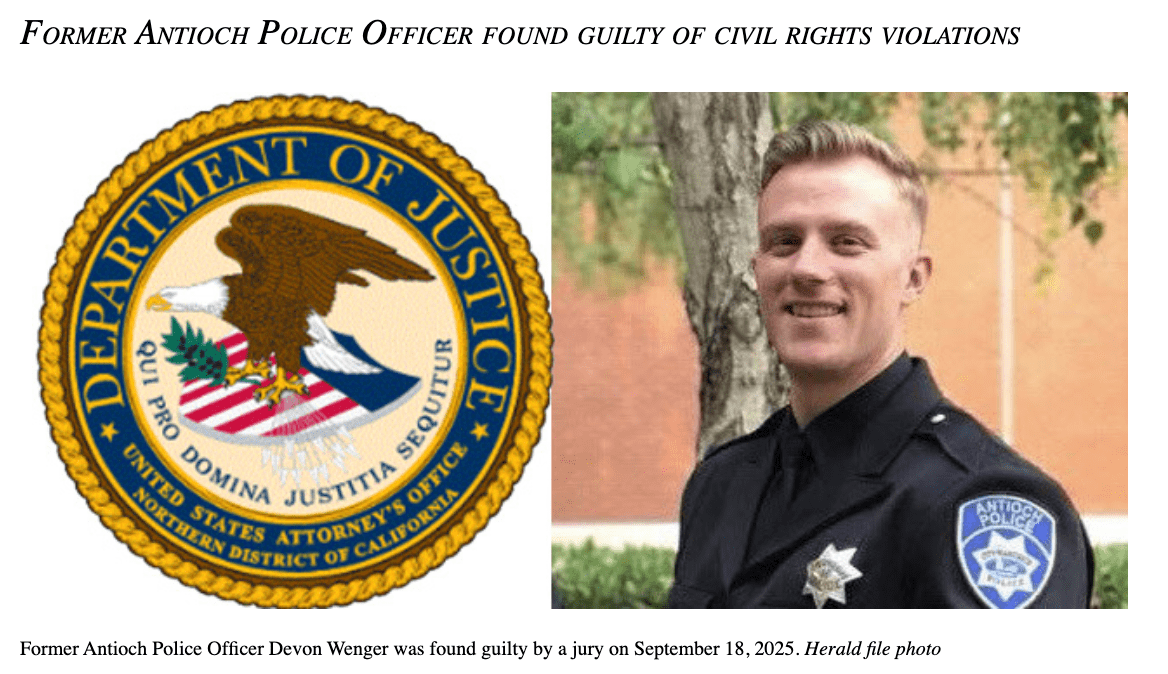
Follow Us